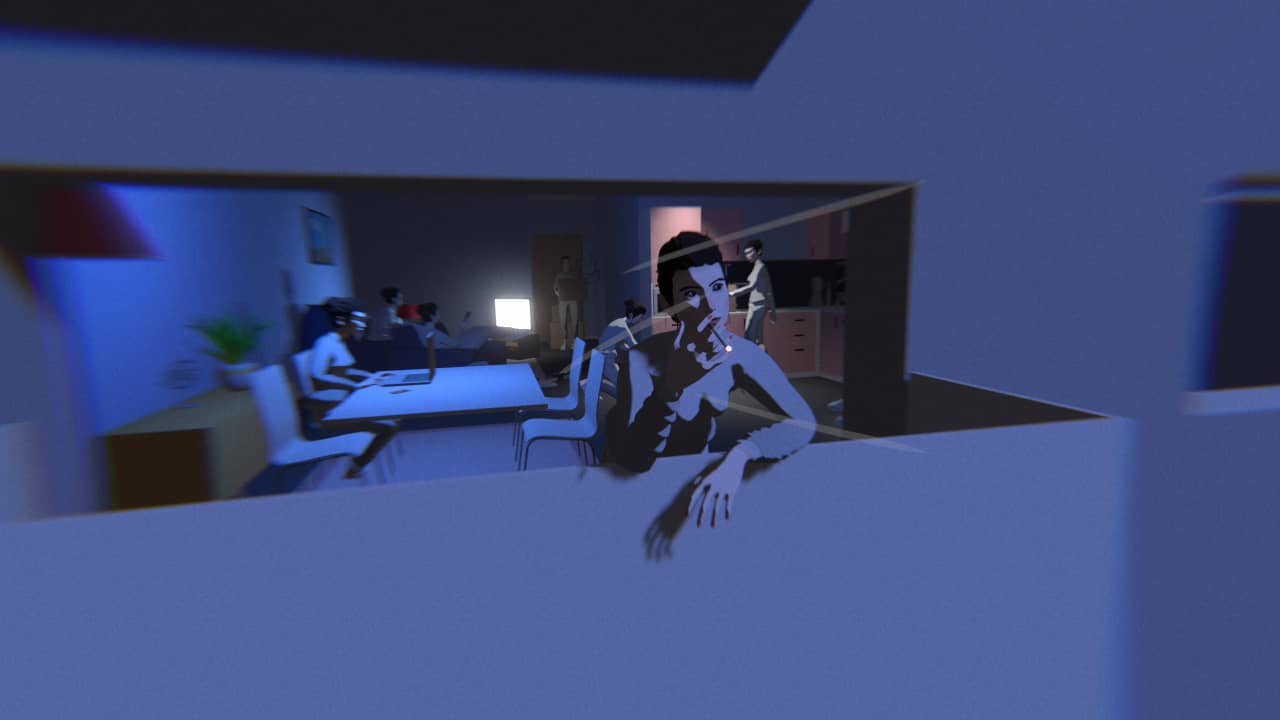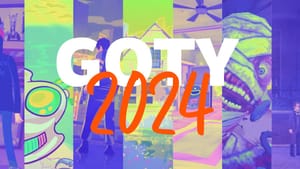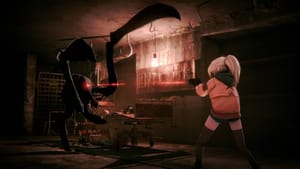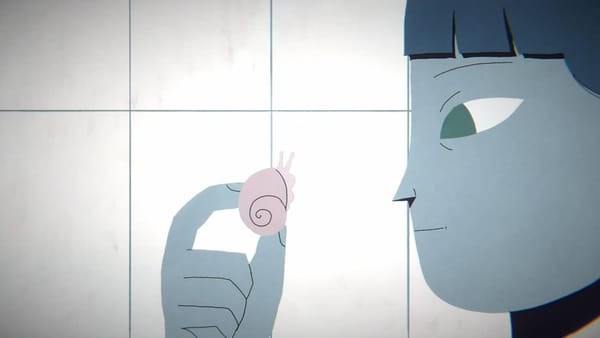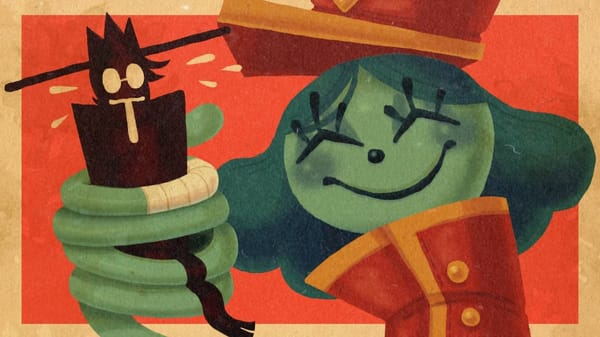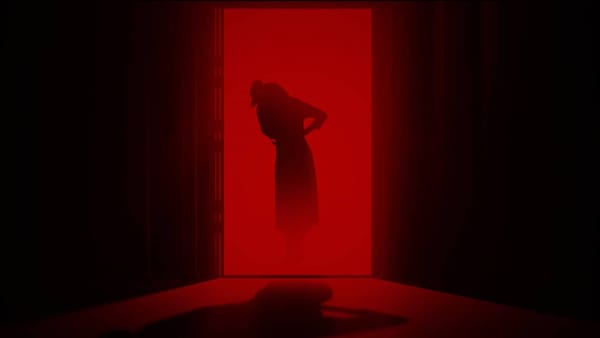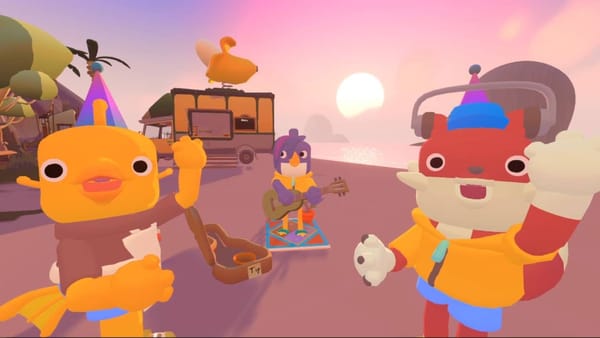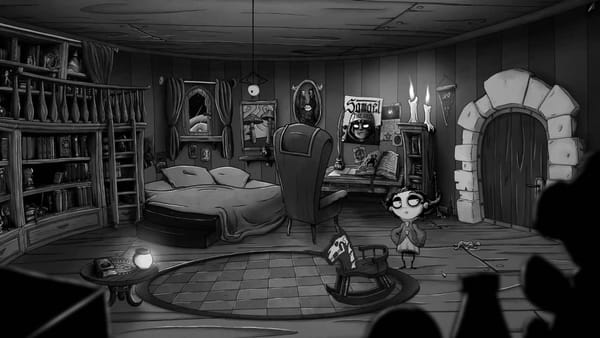Picture this: a 30-something failed screenwriter’s life is a mess. She’s battling with the demons of her past, juggling with the present, and quite honestly, the future looks grim. Attach ‘visual novel‘ to The Pixel Hunt’s The Wreck, and it would seem that there’s not much going for this narrative-driven tale. Oh, but you’re so wrong in your assumptions.
There are so many reasons why this was one of my most anticipated games for 2023 – from the concept to the shared love of film. Ultimately, the story and Junon’s journey make it utterly compelling and an experience that will resonate with me for some time. Unfortunately, I can’t go into much detail about the plot – not because I’ve signed a contract or have a gun to my head, but because it would ruin it for you.
We have a life-changing scenario that Junon has to make involving her estranged mother. Before making any rash decisions, we experience fragmented memories that allude to her relationship with her family, specifically her mother. Instead of quickfire flashbacks, these memories are frozen moments that we, as the player, shift between like astral projecting. Think about those slow-motion 3D moments in films where the narrator addresses the viewer, which, coupled with present-day interactions, make up the gameplay in The Wreck.
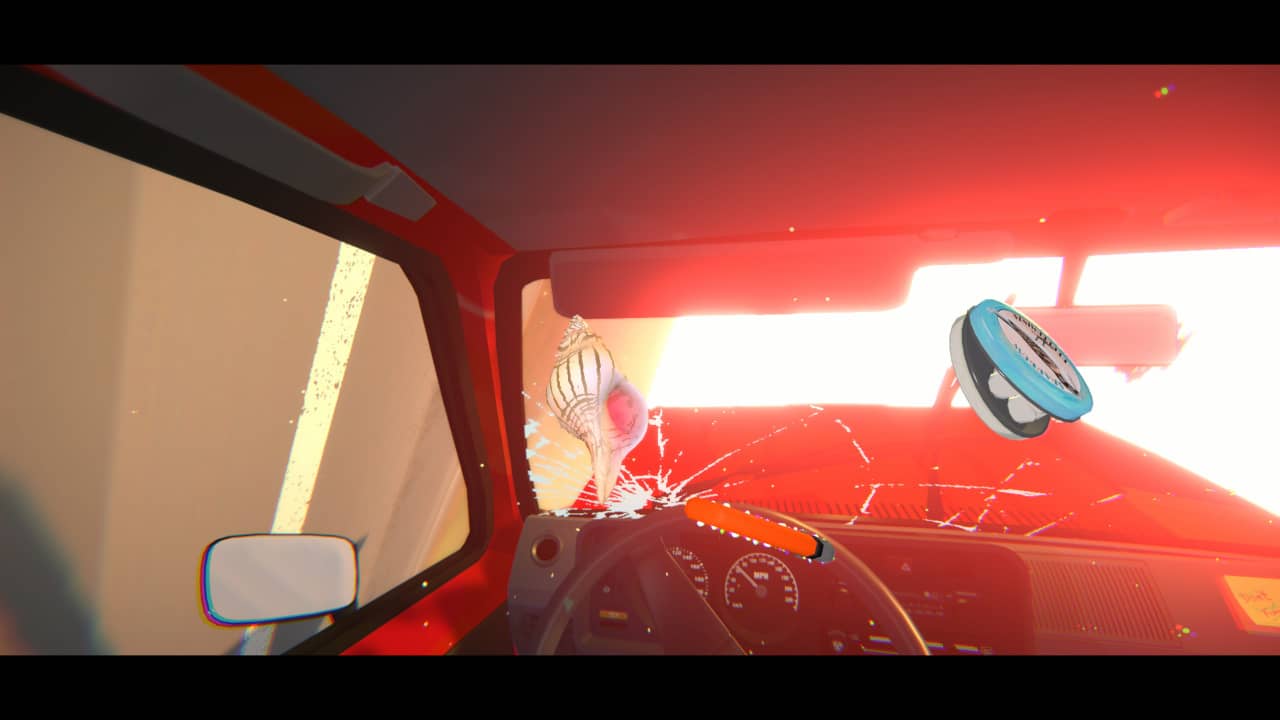
The Wreck Review
Though The Wreck is mostly linear in its approach as a visual novel, you can shift back and forth in a scene with the left and right mouse buttons. In these scenes, you look for keywords that prompt a memory, often displayed as in-scene text that takes up a third of the screen. Clicking on the word allows Junon to remember. When the subtitles appear during the voiceover, some words are displayed in red, which, when clicked, will open a new dialogue/memory. Sometimes these prompts are swift and easily missed, but a loop in the game allows you to revisit a memory, thus changing the outcome.
With its multiple endings, it might be assumed that choices matter, and while they do in the end, it’s only Junon’s final decisions that affect which of the three endings you will receive. Again, without any spoilers, I found all three conclusions very satisfying, and it’s incredible how a few key scenes can completely change one’s perception of Junon’s behaviour and those around her. Naturally, it would help if Junon is a likeable protagonist, as we’ll be with her for the duration. Here is a spoiler: she’s fabulous, if somewhat complicated.
Junon is a brilliant character. On the one hand, she’s had some traumatic experiences that would destroy even the most resilient of us. Rather than be a victim, she manages to find this inner strength apparent in her actions – arguably selfish at times – and she has this versatility of being vulnerable, then other times admirable in her stoic approach. Instead of being a delicate flower, the beautifully written dialogue is brought to life by Sharlit Deyzac, an exceptional voice talent.
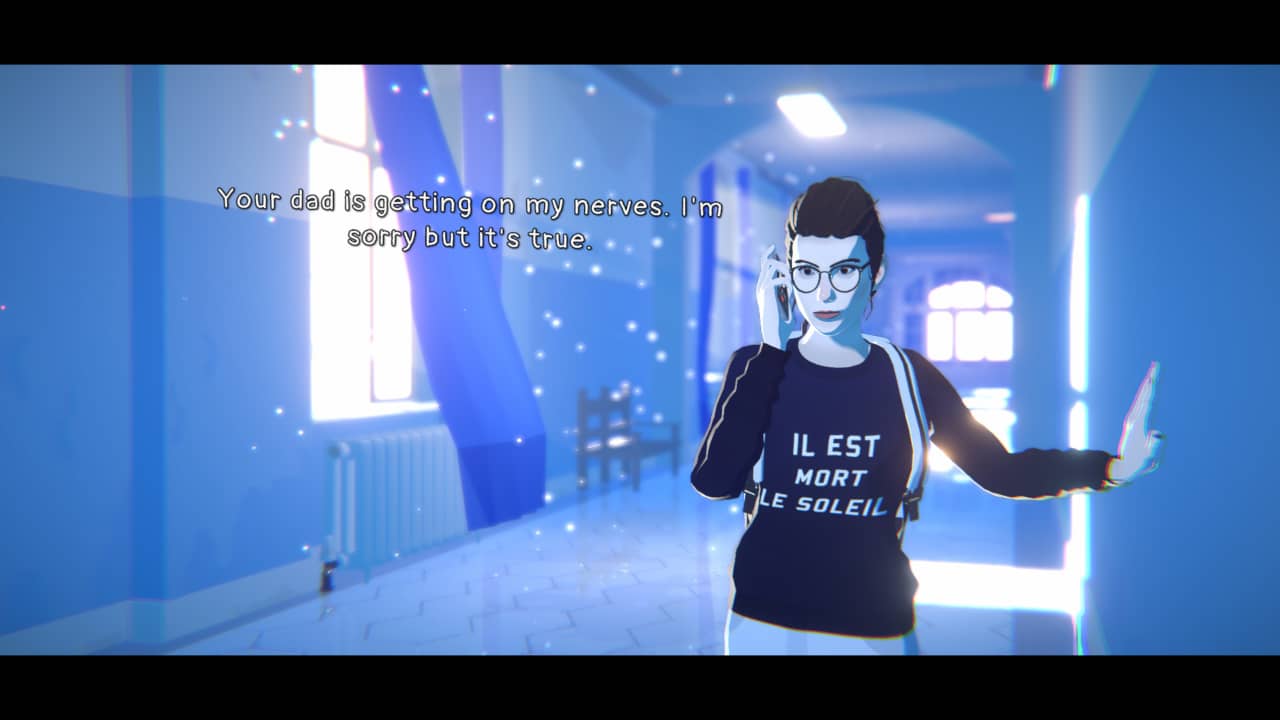
In The Loop
On a personal note, and perhaps you aren’t interested in this (but that’s the power of having your own website), so much of The Wreck screams me. Cinema is one of my passions – especially screenwriting, so seeing Junon carry about The Hero’s Journey (I always have to hand the adapted The Writer’s Journey) and a flashback referencing Save The Cat was terrific. There’s even The Big Lebowski reference. Does it get any better?
Continuing on that nod to screenwriting, the interface for the game is superb. Your saved file is the name of your script, and before starting or returning to the game, you’ll see Junon’s login screen with a script open. Based on your last checkpoint, it will be depicted in the script format, i.e. INT – SCENE – DAY, and other conventions with descriptions and dialogue. I do wonder if the game was written entirely in this style. If so, I’d love to see it in full.
If anything, the only thing I didn’t like about The Wreck was a timelapse scene that resulted in a bit of double-clicking to get to progress the story, but in reality, it’s so minor that this is all the airtime it’s getting. The art style throughout is beautiful with a staggered frame rate – what I mean by that is the scenes are similar to jump cuts or perhaps a bit like Spider-Man: Into the Spider-Verse. It works really well and complements the pace and dream-like storytelling perfectly.
Verdict
The Wreck isn’t solely aimed at film fans, but there’s a fair amount of elements in there that will appeal – more so to storytelling fans with a penchant for cinema rather than the superhero formula. Truly a wonderful experience – so much so that it’s prompted me to have another stab at writing that screenplay… Magnifique


